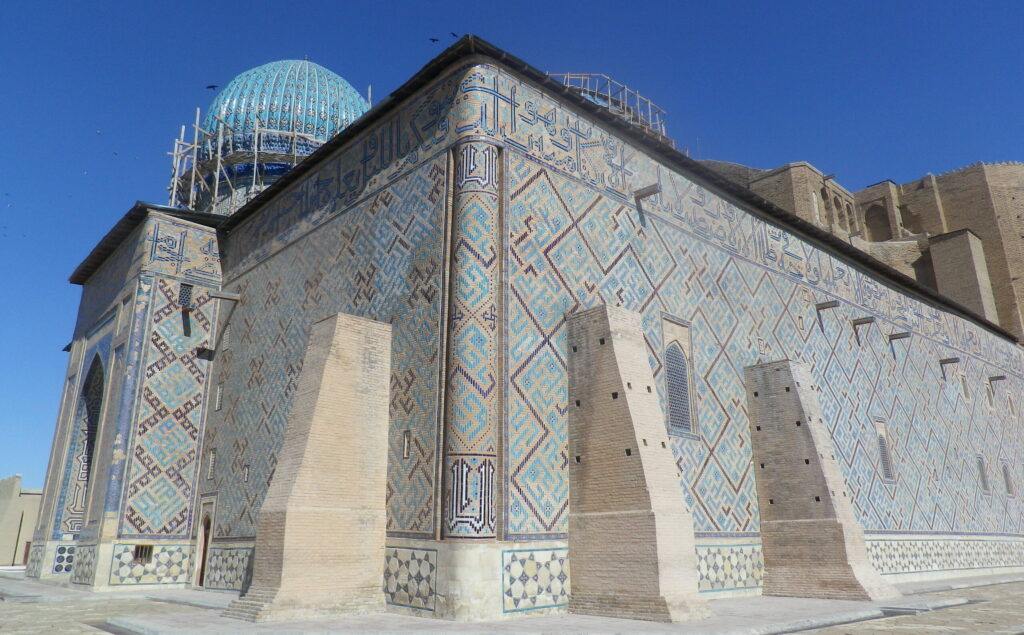Uzbekistan’s Pharmaceutical Market in 2025: Rapid Growth, Foreign Investment, and Localization
Uzbekistan’s pharmaceutical sector is experiencing explosive growth in 2025. According to the analytics firm IQVIA, in September 2025, the market volume reached $204.9 million (wholesale) with 83.1 million packages of medicines sold. This is 36.4% higher in value terms and 24.1% higher in volume than a year earlier, indicating a recovery in consumer demand and a robust post-pandemic market rebound. The total annual market volume (MAT, the twelve months to September 2025) is estimated at $2.14 billion, whereas in 2018 it was about $0.888 billion. Thus, the average annual growth rate over 2018–2025 exceeded 13.4%, with acceleration in 2024–2025. As a result, the country’s pharma market has entered a phase of accelerated development, laying the foundation for further expansion in 2026. Market Structure: Price Segments, Import Dependence, and Prescription Shift to premium segments. The structure of pharmaceutical consumption in Uzbekistan is shifting towards more expensive medications. The share of the cheapest drugs (priced up to $1 per package) is shrinking, whereas the $1–5 and $5–10 segments are growing. At the same time, the niche of drugs priced above $10 is strengthening, reflecting a shift of part of consumer demand toward branded original medicines and complex therapies. This trend indicates qualitative market development: whereas previously inexpensive generics dominated, now an increasing share of revenue comes from innovative and imported products. Imports and local production. Despite localization efforts, the market remains import-dependent – around 90% of sales by value are generated by foreign drugs, with a slight trend toward imports further expanding their share. As of MAT/09/2025, imported medicines have raised their value share from 87% in 2018 to 89%. Nonetheless, in volume terms, the share of local manufacturers has inched up from 40% to 41.2% thanks to the production of affordable generics. Local companies are increasing their presence in the low-price segment by competing on cost. The government is encouraging localization of production, offering incentives (for example, tax and customs benefits in pharmaceutical free economic zones) and reserving 20% of state procurements for domestic companies’ products. These measures have already led a number of foreign companies to begin setting up manufacturing in Uzbekistan. Market Leaders: Companies and Brands Uzbekistan’s pharmaceutical market is highly fragmented – the combined share of even the largest players is relatively small. According to IQVIA for MAT/09/2025, the top three companies by sales value are Slovenia’s KRKA, Turkey’s World Medicine, and Ukraine’s Farmak. These companies together control about 9.9% of the market, which indicates intense competition and a market crowded with numerous brands and manufacturers. Notably, the top ten manufacturers have collectively increased their share since 2018 from 24% to 27%. Among local manufacturers, the Uzbek company Nika Pharm stands out with roughly a 2.5% share, rising from 32nd position in 2018 to 7th in 2025 with a +40.4% increase in sales (in value terms). Nika Pharm has become the most dynamic player in the domestic market and the only local manufacturer in the top ten. Competition at the individual brand level is also intense, with the...






